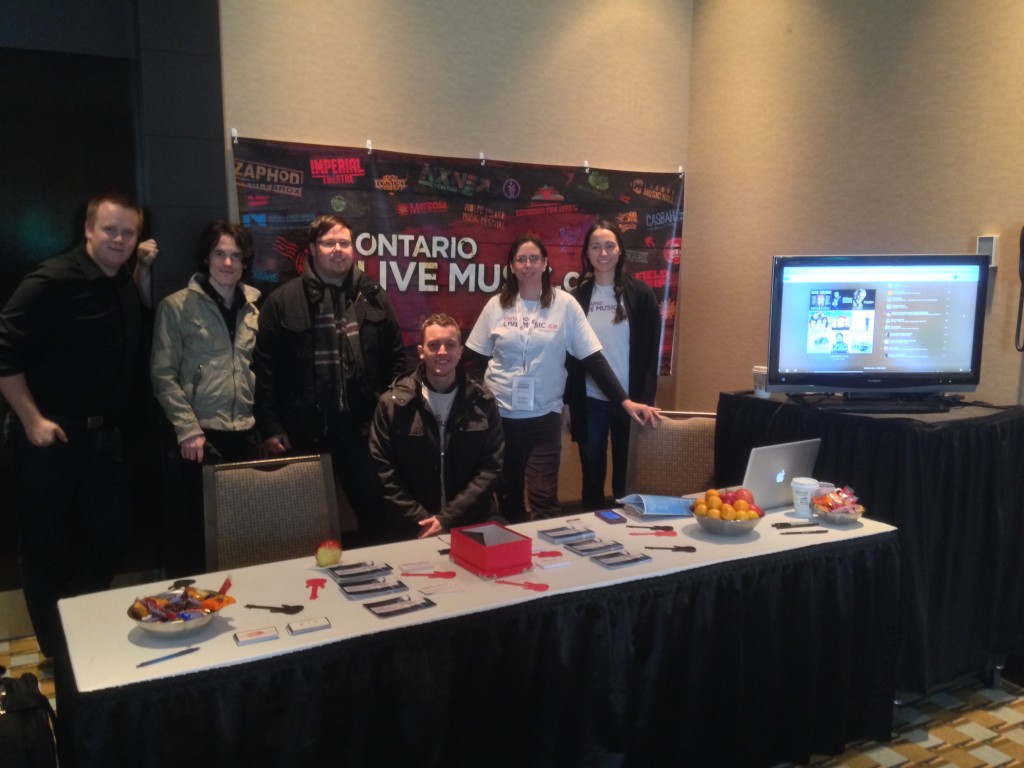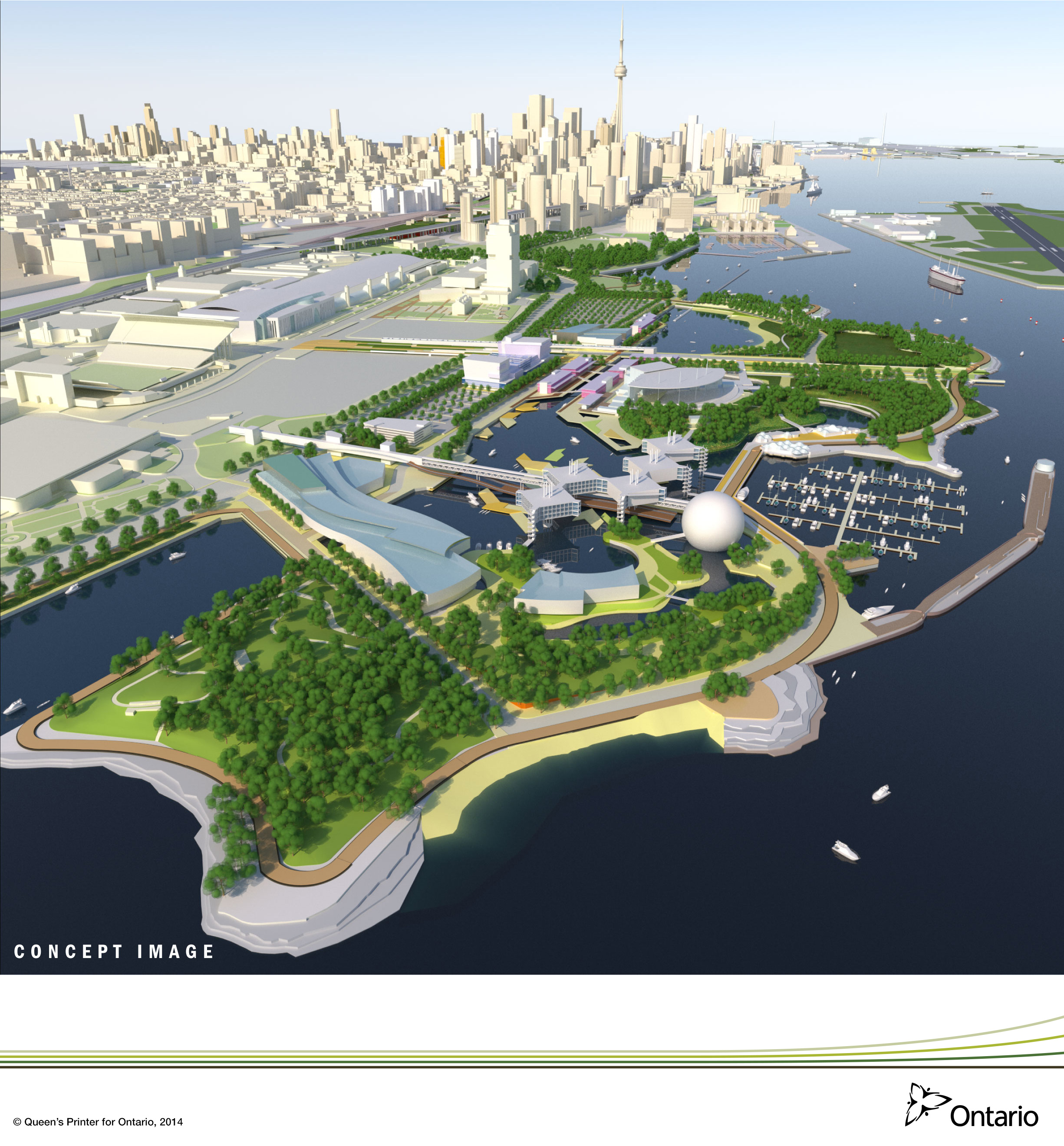Last night, voters across Ontario went to the polls to vote in municipal elections, determining new leadership in Toronto, Mississauga, Hamilton, Brampton, London, Windsor, and more.
In Toronto, residents elected John Tory to be the city’s 65th mayor. Music Canada has congratulated Mayor-Elect Tory, and we look forward to working with him and the newly elected council to continue to develop Toronto’s music sector. Many of the returning councillors have demonstrated a deep understanding of the value of music in Toronto and have supported efforts to promote and stimulate this important sector.
Early in his election campaign, Tory announced plans to support the growth of the music industry in Toronto. His plan is made up of three main points:
- Support the creation of a stand-alone Music Office: one stop shop to get things moving
- Work with the live music community to attract more music tourists to Toronto
- Work with the Music Community to Create a Plan for a more active Outdoor Festival Schedule
Tory reiterated his plans for the music sector in our music policy survey, stating that Toronto’s “Music Office will be established within the Economic Development department and will open in 2015” and adding “the importance of the music community and the broader creative sector cannot be understated.”
In his acceptance speech, Tory spoke of the need to tackle unemployment for youth in Toronto, and spoke of plans to work with business partners to foster opportunities for young people. Music can help. Our Next Big Bang report recommends municipalities work with their music communities in order to support local music scenes, and leverage them to attract music tourists, attract and retain creative workers, and attract businesses from all sectors of the economy. A 2009 report on the future of tourism in Ontario found that tourism is the single largest employer of young people in the province, and our Accelerating Toronto’s Music Industry Growth, Leveraging Best Practices from Austin, Texas report applies specific best practices to Toronto.
Toronto has made great strides in the development of its music sector in recent years; notably with the hiring of a music sector development officer last month, the creation of the Toronto Music Industry Advisory Council last December, and the partnership with Austin, Texas in the world’s first Music City Alliance, signed in October 2013. Tory’s plans to create a stand-alone Music Office will continue this momentum by reducing red tape and stimulating greater activity in the music community.
Elsewhere in the province, a number of strong candidates who have been strong advocates for the music sector were elected as well:
Congratulations to Berry Vrbanovic, who was elected mayor of Kitchener last night, building on his 20-year experience as a city councillor. As a councillor, Vrbanovic championed music as an economic driver and a vital contributor to local culture. Vrbanovic represented Kitchener at last summer’s Music Cities Exchange panel, which was hosted by Music Canada, 4479, and NXNE, and featured public and private representatives from six cities that are working proactively to develop their local music sectors.
Vrbanovic promoted the development of Kitchener’s arts and creative sectors as part of his platform, calling for further development of Kitchener’s Music Works program by creating a film and music officer position and pursuing provincial funding to develop a music resource centre. Vrbanovic also states his support for the continued development of the live music scene in Kitchener’s downtown entertainment district, and intent to work with Waterloo Region Tourism to develop tourism promotion opportunities.
Congratulations to Jeff Leiper, who was elected councillor in Ottawa’s Kitchissippi ward. In his recent role as Vice President, Strategic Communications, Research and Policy at the Information and Communications Technology Council (ICTC), Leiper was instrumental in the development of the Music – A Catalyst For Technology Hubs And Innovative Talent report, which was supported by Music Canada and released last year. The report found that support from all levels of government for music education and scenes can help foster a talented tech workforce. Music education, the report finds, helps bridge gaps between technical know-how and critical soft skills, while the presence of music scenes in cities can help attract and retain skilled workers.
Leiper has also promoted music tourism and the development of Ottawa’s music sector as part of his platform, campaigning on the creation of a Music Office in Canada’s capital city. “As a researcher, I’ve taken a look at the economic benefits of focusing on music performance in a city – specifically using great music scenes as a way to attract tech workers,” wrote Leiper in June.
Several other cities have implemented or explored ways to build and capitalize on their music sector for greater economic benefits, including Windsor, London, Hamilton, St. Catharines, and Peterborough. Music Canada looks forward to working with municipal leaders throughout the province to help them advance their communities through music.







Music Canada